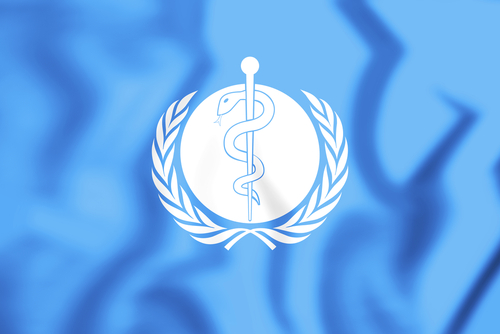WHO launches global effort to halve medication-related errors in 5 years
WHO news Apr 10, 2017
WHO launched a global initiative to reduce severe, avoidable medication–associated harm in all countries by 50% over the next 5 years.

The Global Patient Safety Challenge on Medication Safety aims to address the weaknesses in health systems that lead to medication errors and the severe harm that results. It lays out ways to improve the way medicines are prescribed, distributed and consumed, and increase awareness among patients about the risks associated with the improper use of medication.
Medication errors cause at least one death every day and injure approximately 1.3 million people annually in the United States of America alone. While low– and middle–income countries are estimated to have similar rates of medication–related adverse events to high–income countries, the impact is about twice as much in terms of the number of years of healthy life lost. Many countries lack good data, which will be gathered as part of the initiative.
Globally, the cost associated with medication errors has been estimated at US$ 42 billion annually or almost 1% of total global health expenditure. Every person around the world will at some point in their life take medicines to prevent or treat illness. However, medicines do sometimes cause serious harm if taken incorrectly, monitored insufficiently or as the result of an error, accident or communication problems.
Both health workers and patients can make mistakes that result in severe harm, such as ordering, prescribing, dispensing, preparing, administering or consuming the wrong medication or the wrong dose at the wrong time. But all medication errors are potentially avoidable. Preventing errors and the harm that results requires putting systems and procedures in place to ensure the right patient receives the right medication at the right dose via the right route at the right time.
Medication errors can be caused by health worker fatigue, overcrowding, staff shortages, poor training and the wrong information being given to patients, among other reasons. Any one of these, or a combination, can affect the prescribing, dispensing, consumption, and monitoring of medications, which can result in severe harm, disability and even death.
Most harm arises from systems failures in the way care is organized and coordinated, especially when multiple health providers are involved in a patientÂs care. An organizational culture that routinely implements best practices and that avoids blame when mistakes are made is the best environment for safe care.
The Challenge calls on countries to take early priority action to address these key factors: including medicines with a high risk of harm if used improperly; patients who take multiple medications for different diseases and conditions; and patients going through transitions of care, in order to reduce medication errors and harm to patients.
The actions planned in the Challenge will be focused on four areas: patients and the public; health care professionals; medicines as products; and systems and practices of medication. The Challenge aims to make improvements in each stage of the medication use process including prescribing, dispensing, administering, monitoring and use. WHO aims to provide guidance and develop strategies, plans and tools to ensure that the medication process has the safety of patients at its core, in all health care facilities.
-
Exclusive Write-ups & Webinars by KOLs
-
Daily Quiz by specialty
-
Paid Market Research Surveys
-
Case discussions, News & Journals' summaries